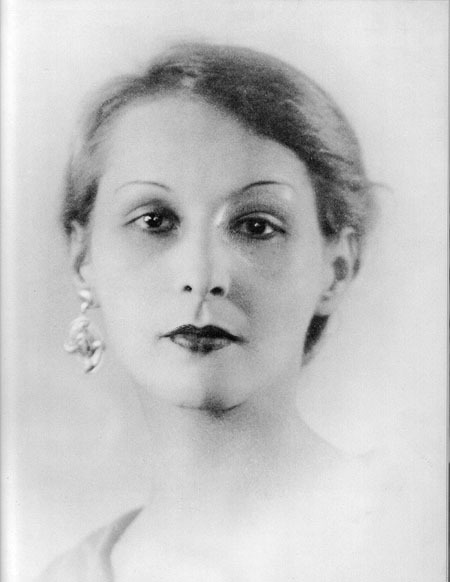 “It was not only that June had the body of the women who climbed every night upon the stage of music halls and gradually undressed, but that it was impossible to situate her in any other atmosphere. The luxuriance of the flesh, its vivid tones, the fevered eyes and the weight of the voice, its huskiness, became instantly conjugated with sensual love. Other women lost this erotic phosphorescence as soon as they abandoned their role of dance-hall hostesses. But June’s night life was internal, it glowed from within her and it came, in part, from her treating every encounter as either intimate, or to be forgotten. It was as if, before every man, she lighted within herself the lamp lighted by waiting mistresses or wives at the end of the day, only they were her eyes, and it was her face which became like a poem’s bedchamber, tapestried with twilight and velvet. As it glowed from within her, it could appear in totally unexpected places, early in the morning, in a neglected café, on a park bench, on a rainy morning in front of a hospital or a morgue, anywhere. It was always the soft light kept through the centuries for the moment of pleasure.”
“It was not only that June had the body of the women who climbed every night upon the stage of music halls and gradually undressed, but that it was impossible to situate her in any other atmosphere. The luxuriance of the flesh, its vivid tones, the fevered eyes and the weight of the voice, its huskiness, became instantly conjugated with sensual love. Other women lost this erotic phosphorescence as soon as they abandoned their role of dance-hall hostesses. But June’s night life was internal, it glowed from within her and it came, in part, from her treating every encounter as either intimate, or to be forgotten. It was as if, before every man, she lighted within herself the lamp lighted by waiting mistresses or wives at the end of the day, only they were her eyes, and it was her face which became like a poem’s bedchamber, tapestried with twilight and velvet. As it glowed from within her, it could appear in totally unexpected places, early in the morning, in a neglected café, on a park bench, on a rainy morning in front of a hospital or a morgue, anywhere. It was always the soft light kept through the centuries for the moment of pleasure.”
From the Diary, Volume I, writing about June (pictured), Henry Miller’s wife.
I especially love "the lamp lighted by waiting mistresses or wives at the end of the day” and “a poem’s bedchamber, tapestried with twilight and velvet” (the idea that a poem is like a little mansion, with different rooms for different functions). “In a neglected café, on a park bench, on a rainy morning in front of a hospital or a morgue” also calls up Paris to me…
